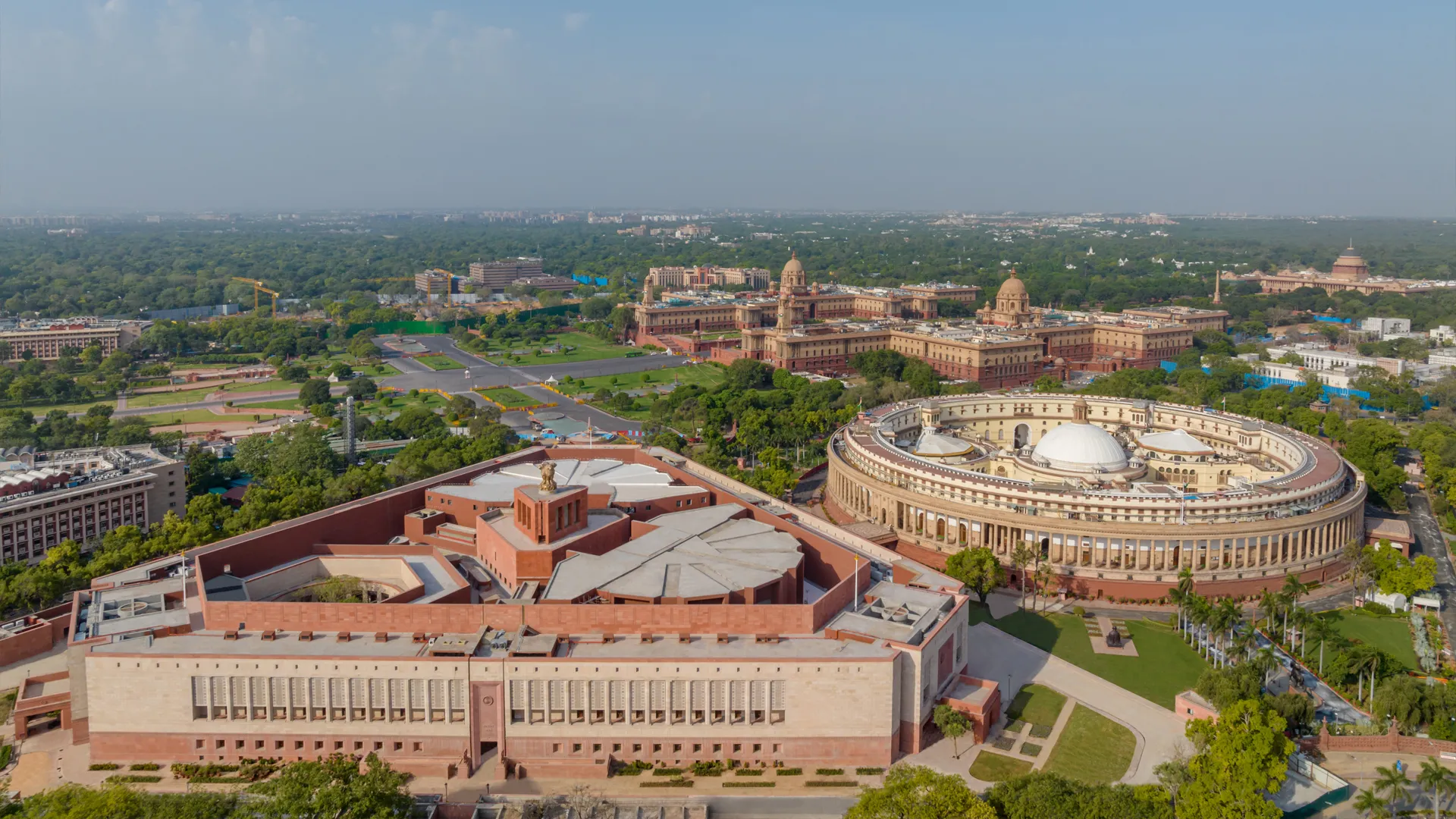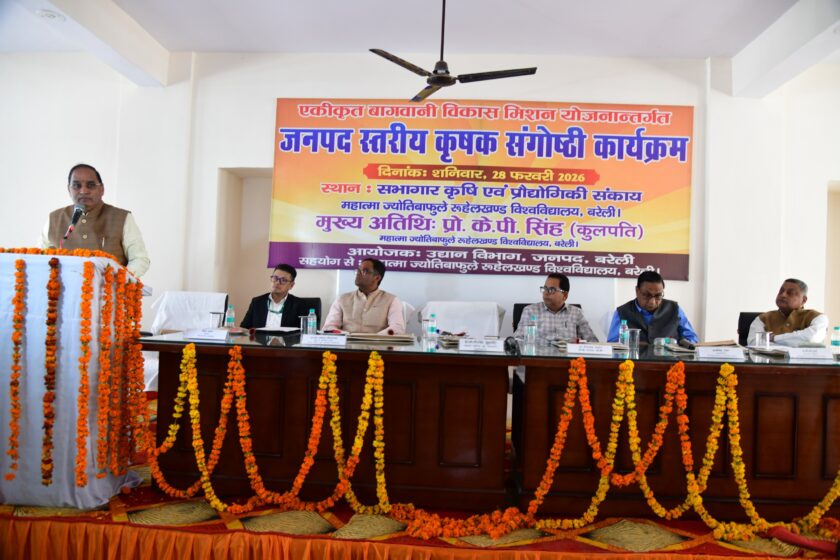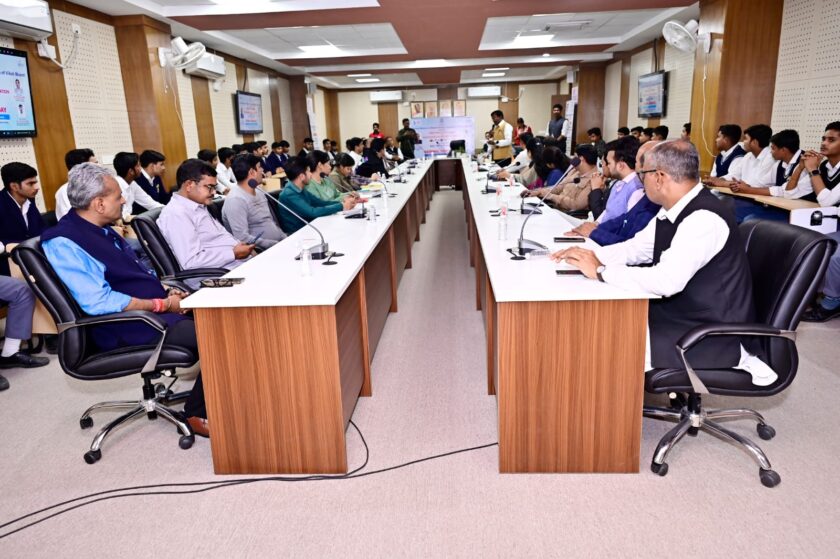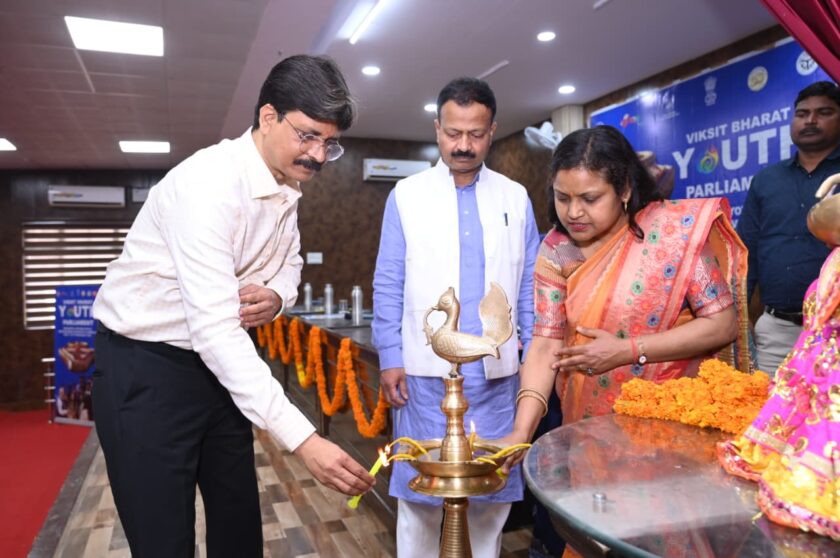Delhi | The winter session of Parliament is set to begin on December 1, 2025, and the political temperature in Delhi is already on the rise. The session comes at a time when the opposition is in an aggressive mood over the Centre’s policies. A fiery face-off between the government and the opposition is expected in both Houses over several key issues—ranging from inflation and unemployment to farmers’ concerns and internal security.
While the government will set the legislative agenda, the opposition appears ready to dominate the debate. The recently concluded Bihar elections and West Bengal Chief Minister Mamata Banerjee’s opposition to the proposed Special Investment Region (SIR) policy are also expected to influence the tone of the session.
Inflation and Unemployment to Dominate Debate
The biggest flashpoint will be inflation, with opposition parties planning to corner the government over rising prices of essential commodities. Post-festive season, prices of pulses, edible oils, vegetables, and milk have surged, burdening common households. The opposition is expected to question why the government’s repeated promises to control inflation have failed to yield results. LPG and daily essentials are likely to become focal points of heated exchanges in both Houses.
The second major issue will be unemployment. Despite government announcements of new job creation at national and state levels, opposition parties argue that the ground reality tells a different story. They claim the government’s employment numbers are limited to paper, while the youth continue to face disillusionment. Congress, the Samajwadi Party, and the Trinamool Congress are expected to raise this issue vocally, seeking to mobilize young voters ahead of upcoming state elections.
Farmers’ Issues and Rural Economy
The session is also likely to witness renewed protests on farmers’ issues. In parts of Haryana, Punjab, western Uttar Pradesh, and Rajasthan, farmer organizations are again mobilizing around the demand for a guaranteed Minimum Support Price (MSP), price stability, and long-standing disputes linked to earlier farm laws. The opposition will highlight the government’s unfulfilled promise to double farmers’ income and may support coordinated demonstrations both inside and outside Parliament.
National Security and Border Issues
Concerns over internal and border security will also surface. Recent incidents in Jammu & Kashmir, Manipur, and Ladakh have prompted questions about the government’s handling of national security. The opposition will likely demand explanations on why peace and stability remain elusive despite repeated assurances. Discussions on defense deals, transparency in procurement, and the modernization of the armed forces are expected to intensify, with the opposition seeking a detailed debate on the defense budget.
Caste Census and Social Justice
Another contentious topic could be the caste-based census and its national implications. Several states—Bihar, Odisha, and Karnataka—have released caste survey data, reigniting debates around social justice and reservation policies. The opposition plans to question why the Centre has not initiated a similar exercise at the national level. This could open a long and politically charged debate on representation and equality within India’s evolving social framework.

Human Rights and Regional Tensions
The Manipur violence and issues concerning minority rights and human rights violations are also on the opposition’s radar. They may cite recent comments from the Supreme Court and the National Human Rights Commission to argue that the government’s response has been inadequate and delayed.
Economy, Small Businesses, and Fiscal Health
Economic policy debates will center on GST collections, industrial growth, and small business distress. The opposition is likely to claim that the benefits of growth are concentrated among large corporate groups while micro and small enterprises continue to struggle. Concerns about fiscal deficit, currency depreciation, fuel taxes, foreign investment, and public sector disinvestment will also be raised.
Institutional Independence and Media Freedom
Expect discussions around media freedom, institutional autonomy, and electoral integrity. The opposition may accuse the government of undermining constitutional institutions such as the Election Commission, RTI framework, and the judiciary. Amendments to the RTI Act and proposed media regulation norms are likely to feature in the debate.
Legislative Agenda and Political Optics
The government, meanwhile, is expected to push forward several key bills related to economic reforms and administrative changes. However, the session’s tone will likely be dictated by opposition protests, walkouts, and sharp exchanges.
With multiple state assembly elections due next year, this winter session is not merely about legislation—it is about shaping the political narrative for 2026. While the government aims to showcase its achievements and present a development report card, the opposition is gearing up to project itself as the voice of the people, determined to make inflation, unemployment, and social justice the rallying cries of the winter session.









